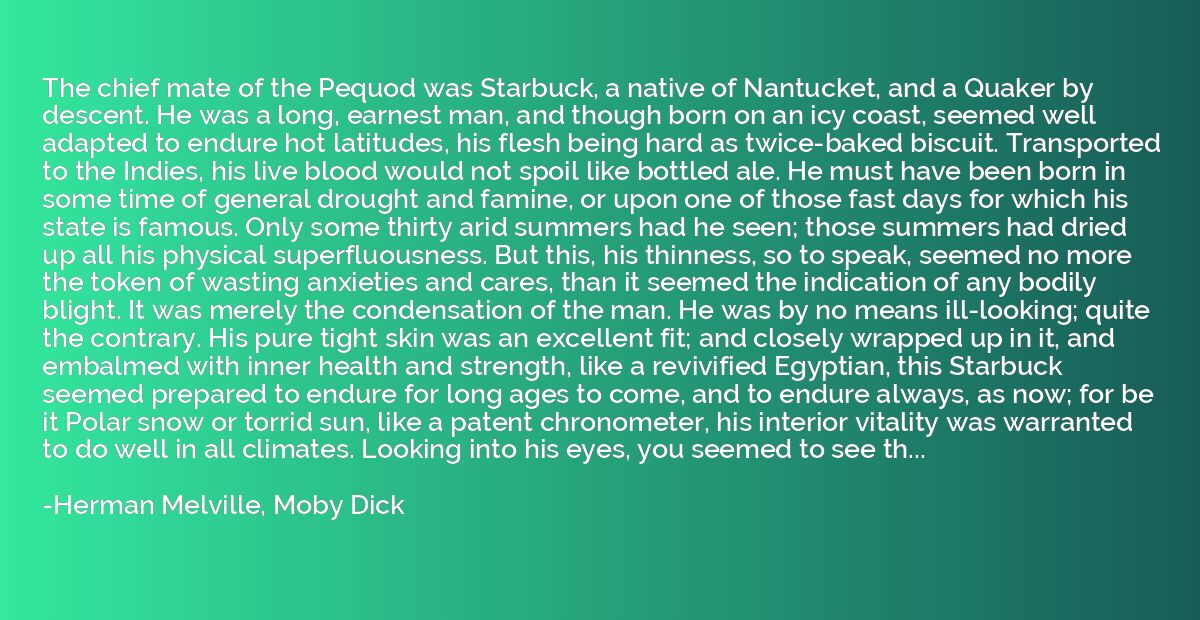Quote by Rebecca Skloot
For scientists, growing cells took so much work that they couldn't get much research done. So the selling of cells was really just for the sake of science, and there weren't a lot of profits.

Summary
This quote highlights the idea that scientists often faced significant challenges in growing cells, resulting in limited progress in their research. The primary motivation for selling cells was driven by the pursuit of scientific knowledge rather than generating substantial profits. Scientists' main focus was on advancing their understanding of cell biology, and the financial aspect was secondary to the larger goal of contributing to scientific advancements and discoveries.














